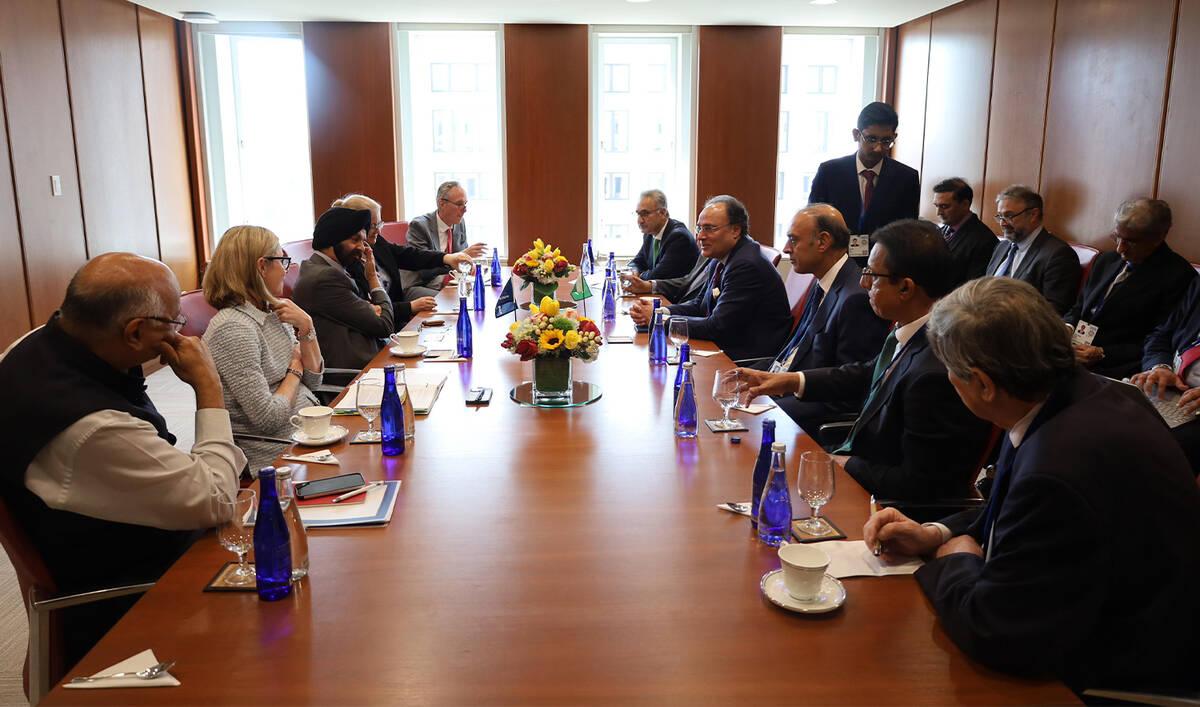LAUDERHILL, United States: Pakistan cricket is at its lowest point and needs to make radical changes, all-rounder Imad Wasim said after the team failed to get out of the group stage of the T20 World Cup.
The 2009 champions, beaten finalists two years ago, lost to the USA and India with their sole victory coming against Canada.
Pakistan’s final game is on Sunday against Ireland, which is now a dead rubber with both teams already eliminated.
Asked about the exit, with the USA beating Pakistan to Super Eight qualification, along with India, Wasim said there was no doubt about the level of disappointment.
“This is the lowest point. You can’t go any lower than this. That’s the fact,” he told a press conference.
Asked whether there now needed to be major changes, the 35-year-old left-arm spinner, said it was clear that radical changes were needed.
“It’s not my domain but I think there should be changes and there should be a drastic change so we can move forward,” he said.
Wasim, who came out of a brief retirement for this tournament, said that the change needed to be far-reaching.
“In everything and every aspect. How to take the game on? How to play the game? This is what I believed in and this is why I came back and tried to do things but it didn’t happen,” he added.
After the shock loss to the USA, Pakistan put up a close fight in defeat against India in New York and Wasim said that the context needed to be understood.
“You can also say the wickets are a bit tougher than what you think and any team can beat anyone. You can see Nepal was almost through. So, things can happen but I think the approach, how we play the game, I think we will change that and all of the boys are eager to do that because this defeat hurt us really badly,” he said.
The key change that is needed is in the mental side of the game, added Wasim.
“I’m giving my personal opinion. Don’t make these headlines — it’s all your mindset. What mindset do you want to play the game with? You either play fire with fire, or you play your way.
“So, I personally believe that you should play fire with fire. And even if you lose, you can sit down and say to yourself that on that day we were not good enough,” he said.
“The problem is our team is so good, our players are so good that we are good enough to play any kind of cricket. So you have to get rid of fear of failure mindset.
“In everything — batting, bowling, fielding, you have to get rid of fear of failure mindset. As I said earlier, personnel change doesn’t change anything, just changing the mindset can change a lot of things,” he added.
“We compete with the world’s best teams. Their mindset has changed over time. We used to rule in T20 cricket. I think we have moved back a little now. If you change the mind of the player, you can achieve things beyond your limits. I always believe in this.”
Wasim said he would not make any decision on his future until after Sunday’s game.
“As far as retirement is concerned, there’s a match tomorrow. We’ll play a match and obviously, after that, we’ll think about it and sort out whatever we need to. Because to be honest, a lot of things are going to be sorted out in the Pakistan team. The chairman and the board will sort it out.
“We have given away two games by ourselves. Losing to USA, well, losing is a part of the game, but we shouldn’t have lost to USA. Even against India — we had that game in our hands and we shouldn’t have lost. So, there is no excuse for anything. We are losing matches collectively,” he said.
“After the match against Ireland — we will sit down and talk and then decide. I don’t do anything secretly. I told everyone when I retired last time. If something happens, I will come and tell everyone.”




















